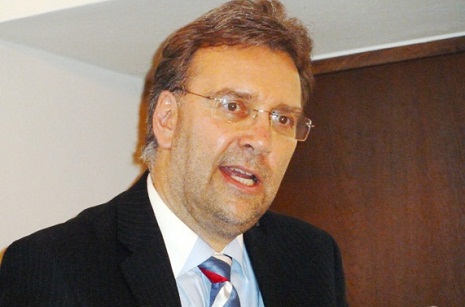Yet Umbach said that it should not be overlooked that the U.S. shale oil production, which played a critical role leading to the present oil price collapse and oversupply in the world oil market, still accounts for just 5 percent of global oil production.
“At the same time, discoveries of new oil and gas reserves have declined to the lowest level during the last two decades at quite an alarming rate. So far not a single new “giant field” with reserves of more than 500 million barrels of oil equivalent has been found in 2014,” Umbach said.
While potentially Russia, China, Argentina and Libya have large shale reserves, their industries and exploration progress are still limited and in their infancy, he believes.
Currently OPEC controls 40 percent of the world`s oil supplies. All OPEC member-states are large oil exporters. Their economies are more dependent on oil revenues. So, to maintain the oil prices at an acceptable level, has always been OPEC`s main objective.
However, the recent actions by OPEC on the production quota have been characterized by great differences among the Cartel member-states. Nigeria, Iran, Venezuela and Libya have been pushing for the Cartel to cut output in a bid to reverse the more than 50-percent drop in prices since June last year.
At OPEC`s 166th meeting in Vienna on Nov. 27, the member countries decided to keep oil production quota unchanged at the level of 30 million barrels per day.
Currently prices are being traded at the level around $60 per barrel compared to the level of more than $100 per barrel in 2011-2013.
More about:
















































